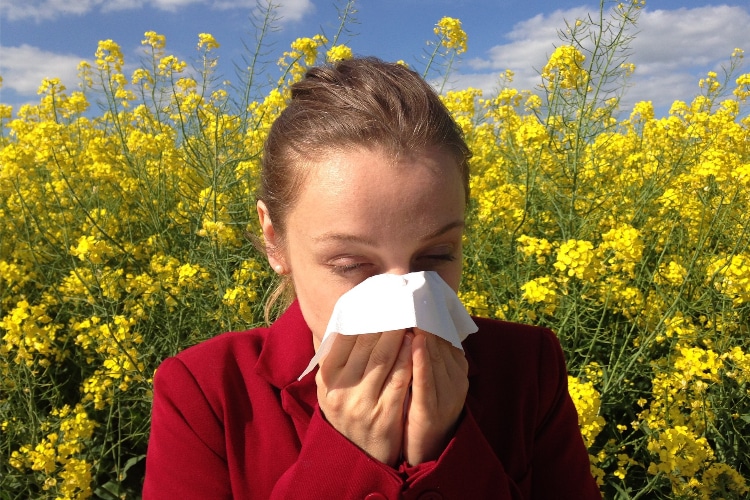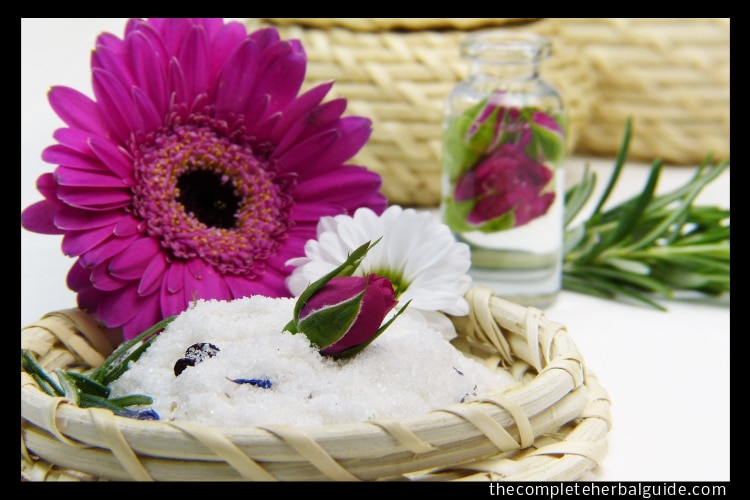
6 Vitamins and Supplements for Allergy Treatment: Do They Work?
About 4 in 10 American adults use complementary and alternative medicine, such as vitamins and herbal supplements, according to statistics from the National Center for Complementary and Alternative Medicine (NCCAM) and the National Center for Health Statistics. Vitamins and supplements are popular because they are thought to boost immunity, keep bones strong, improve emotional health, and do other positive things for you. But can they also help alleviate allergies?
If you are considering vitamins or other supplements as part of your allergy-treatment plan, here are some you may want to consider.
Table of Contents
Vitamin C
It stops histamine and can decrease the severity of your allergies
Magnesium
Helps to relieve bronchospasm or constricted airways in the lungs. It has even helped people with asthma
Vitamin A
This nutrient plays an important role in the health of mucous membranes, your body’s internal skin If you have healthy mucous membranes, your chances of having significant allergy problems will be less.
Nettle Leaf (Urtica dioica)
Also called stinging nettles, are a popular remedy for allergies. This herb is believed to have an anti-inflammatory effect. In a double-blind, randomized study of 69 people, 58 percent rated a nettle extract effective in relieving symptoms after one week. In addition, 48 percent found it equally or more effective than previous medicine.
Quercetin
It is a compound found naturally in vegetables, such as onions and berries. People with allergies may benefit from quercetin because it has been found to inhibit the release of histamine and reduce inflammation. Quercetin is believed to work by stabilizing cell membranes so they are less reactive to allergens.
Butterbur (Petasites hybridus)
A randomized, double-blind study, 330 hay fever patients at 11 clinics in Switzerland and Germany received either a tablet of butterbur herbal extract three times a day (providing a total of 8 mg of the active petasine a day), the antihistamine Allegra once a day or a placebo. The researchers found that the butterbur was as effective as the antihistamine at relieving sneezing, nasal congestion, itchy eyes, and other hay fever symptoms.






